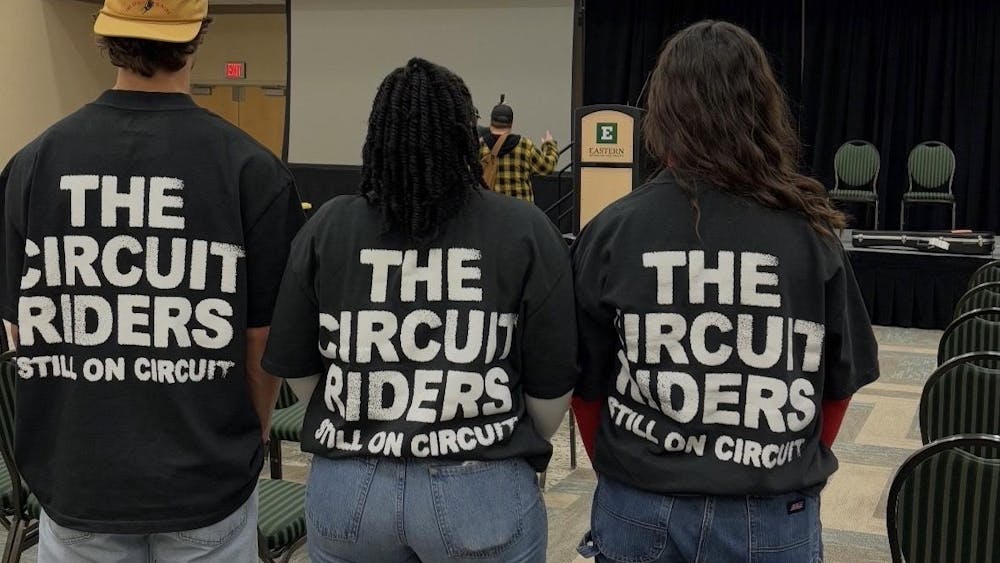Earlier this month, the Obama administration brokered a multi-billion-dollar settlement between 49 state attorneys general and five major US banks over widespread fraud in the rush to foreclose on millions of American homeowners after the housing bubble burst.
The five banks – Bank of America, JPMorgan Chase, Citigroup, Wells Fargo and Ally Financial – will be granted immunity from future prosecution in exchange for some $6 billion in cash and approximately $25 billion more to be paid over three years to the states and federal government for mortgage modifications.
In the mania of the housing boom, the banks issued a flood of mortgages under misleading terms, which were bundled with complex financial instruments and quickly sold off to other investors. For their part, federal financial regulators turned a blind eye to this process while the rating agencies raked in huge profits by certifying the resulting bundles as safe investments.
When the housing bubble eventually burst, exposing its rotten foundation, a mad rush ensued to foreclose upon the millions of Americans who were the victims of this racket. However, in their own reckless pursuit of profits, the banks had begun to overlook such details as proper paperwork and were consequently unable to prove in many cases they even owned the mortgages for the houses they were trying to foreclose on.
In the fall of 2010, it was revealed the banks were engaging in “robo-signing” and forging mortgages documents on an industrial scale to overcome this problem. The current settlement will conclude the coordinated investigation, which was then begun by the 50 state attorneys general.
The settlement’s aim is two-fold. First, it is meant to shield the banks from prosecution for the widespread fraud and illegality they were engaged in, as well as, protect the profitability of these institutions. With the uncertainty surrounding the 2010 scandal, foreclosures were slowed. The administration’s intervention will allow them to return to business as usual with a clean bill of legal health.
Second, the settlement quashes the investigations into the fraud and criminal activity of the banks preventing a full account of its scale and scope. There is clearly a fear of provoking the American people’s deep anger toward the financial sector.
The losers in the deal are the four million American households who have had their houses seized since 2007. Not one of these families will get a new home while about 750,000 will get little more than a slap in the face – a check for about $2,000 – and only if they can prove they were illegally evicted.
In reviewing the deal, the Financial Times reported the banks would be able to count future loan modifications made under the Home Affordable Modification Program (HAMP) – a 2009 federal program that provides subsidies to banks for modifying mortgages. In other words, the US taxpayers will be subsidizing up to 63 percent of the $25 billion in mortgage modifications.
Former Special Inspector General of the Troubled Asset Relief Program Neil Barofsky called these facts “scandalous” and told the FT, “It turns the notion that this is about justice and accountability on its head.”
Moreover, the $25 billion pales in comparison to the scale of the crisis. According to the New York Times, about one in five Americans with mortgages, or about 11 million, owe more than their home is worth. When taken together, the negative equity of these underwater mortgages is almost $700 billion. The settlement is expected to help less than 2 million of these households.
In announcing the settlement, President Obama claimed it was about “standing up for the American people” and “holding those who broke the law accountable.”
On the contrary, his administration has consistently opposed any moratorium on foreclosures and has yet to provide any serious relief to the millions of Americans losing their homes. Likewise, the criminals who precipitated the crisis will once again be shielded from real accountability and their wealth protected.
Any real solution to the housing crisis must begin with the seizing of the banks from the hands of these criminals and the utilization of their resources to provide quality affordable housing to all Americans.








